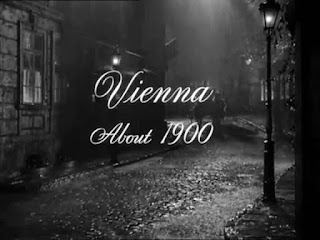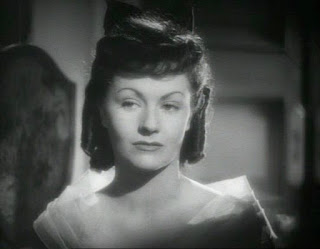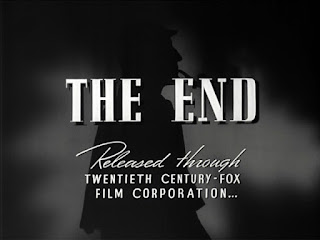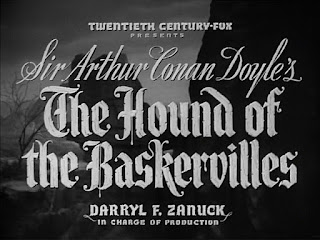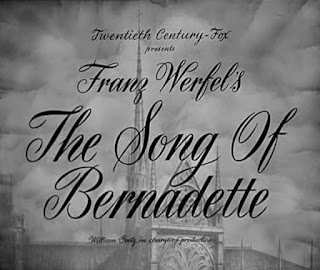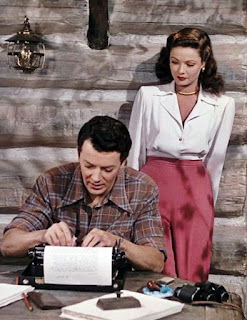Interesting variation on Jack the Ripper crimes, but this serial killer operates under the nickname "Golem" and leaves his grisly mutilated victims all over Victorian London shrouded in foreboding mist, fog and all sorts of toxic fumes. Inspector Bill Nighy (the only actor for whom I feel completely irrational affection and something close to infatuation) is pushed on the case and connects four possible suspects who might have been involved. As director Juan Carlos Medina cleverly suggest, each of these four was potentially "Golem", the only inconvenience being that one of them (Sam Reid) just died from apparent poisoning and his pretty wife (Olivia Cooke) finds herself accused by sneering servant (excellent María Valverde). While audience in the court is amused by her public humiliation, Nighy is moved by young widow's suffering and - to great exasperation of his helper, policeman Daniel Mays - tries simultaneously to help her, while solving the case.
Lots of visual pleasure here - in spite mutilated victims, but thanks to TV we are unfortunately accustomed to this by now - London looks just spectacularly dangerous and nasty under gaslights (poverty and degradation in the slums is heartbreaking) and we are treated with interior of gaudy music-hall where charismatic young Douglas Booth reigns as undisputed star of lowbrow shows, tailored for barely controlled mob of audience. In fact, crowd and people themselves are far more monstrous than "Golem" which is evident in the way journalists treat Nighy, mocking laughter in the court or in the music hall - they want blood and this is what "Golem" gives them. There is a hint that Nighy might suffer career setbacks because of his private life and we are to understand that even Mays accepted his position because of solidarity. David Bamber has a short but effective turn as public prosecutor and Henry Goodman is delightful as one of suspects - Karl Marx. With Nighy in lead, I thoroughly enjoyed "The Limehouse Golem" and loved every twist and turn until finale that surprised me despite the lifetime of watching movies.
























